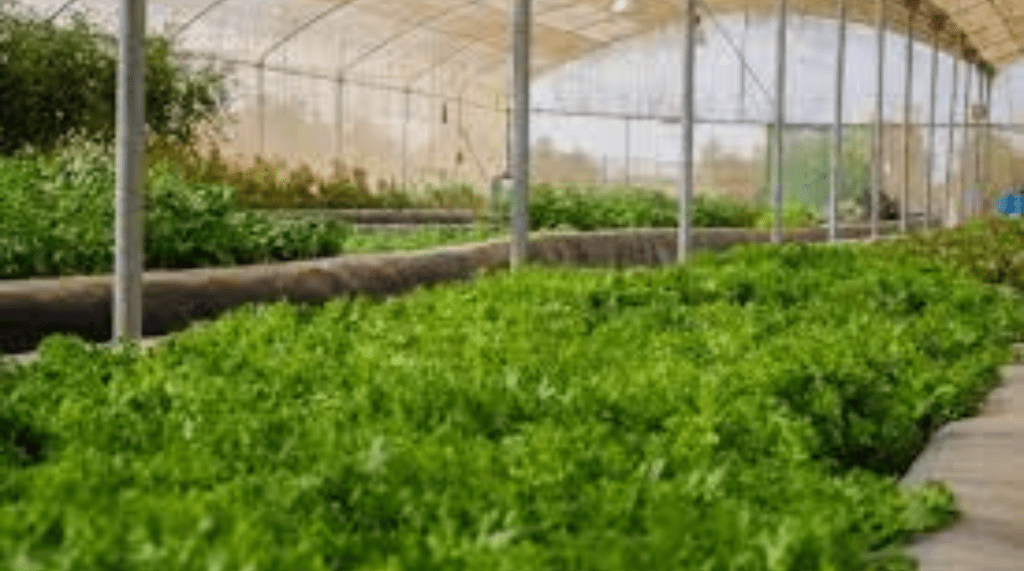Egypt has launched an innovative project utilizing AI-powered greenhouses aimed at transforming desert farming. This initiative is part of a broader strategy to enhance agricultural productivity in arid regions, addressing food security challenges while optimizing water usage.
The AI-powered greenhouses are designed to maximize crop yields by regulating internal conditions, including temperature, humidity, and soil moisture. Advanced sensors and machine learning algorithms allow for real-time monitoring and adjustments, ensuring optimal growing conditions for a variety of crops.
Egypt’s Ministry of Agriculture announced that this project is expected to reclaim vast stretches of desert land for agricultural use. The initial phase of the program targets an area of 1,000 hectares in the Western Desert, with plans to expand further if successful.
“This initiative is crucial for our food security,” said Dr. Ahmed El-Shahat, the project’s lead researcher. “By using technology, we can grow food in areas previously deemed unsuitable for agriculture.” The integration of artificial intelligence in agriculture could provide a sustainable solution for countries facing similar climatic challenges.
The greenhouses utilize a hydroponic system, allowing crops to be grown without soil, which is particularly beneficial in water-scarce environments. The project aims to cultivate a range of vegetables and fruits, including tomatoes, cucumbers, and peppers, which are in high demand in local markets.
The launch event included a demonstration of the greenhouses’ capabilities, showcasing the use of AI in irrigation management. Experts noted that the precise control over water application can significantly reduce water waste, addressing one of Egypt’s critical resource challenges.
Local farmers and stakeholders have expressed optimism about the project. Training programs are set to be implemented to educate farmers on utilizing these advanced systems effectively, ensuring that they can maximize the benefits of this technology.
The Egyptian government has committed to investing in further research and development in agricultural technology, emphasizing its importance for the nation’s economic growth. As the country faces increasing population pressures and climate change impacts, this pioneering initiative could be a vital step towards sustainable agriculture in arid regions.























